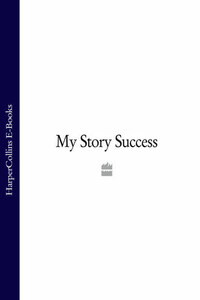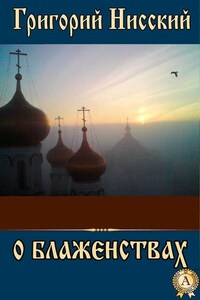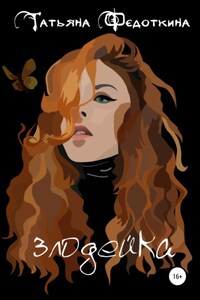‘Get down! Get down!’ barked the soldiers as they boarded the bus. Sweat dripped from their faces as they pointed their guns at us all. My heart was pounding, my mouth dry with fear and I was trembling from head to foot. I felt as if I was a character in a nightmarish action movie. The air was heavy with tension and the smell of stale sweat.
Many of the passengers obediently fell to their knees, sobbing and shaking hysterically. The soldiers were pushing down those who were too slow.
‘Please don’t shoot us! Put the guns away, we beg you,’ a few of the women murmured. I could hear some people whispering prayers for deliverance.
I started screaming hysterically. I was just 13 years old and had never been so terrified in all my life.
‘Get down, young girl,’ the soldiers said, turning their guns on me. All I could do was look back at them, too frozen with fear to explain why I couldn’t lie on the floor like the other passengers. Helplessly, I pointed to my callipers and crutches and hoped they would understand. Strapping and unstrapping the callipers took about ten minutes, so there was no way I could get down quickly.
The soldiers glanced at the callipers, but kept their guns trained on me.
It was August 1982 and we’d just pulled into the bus station in Nairobi. Everything was happening in slow motion. I felt as if eternity had passed since the soldiers boarded the bus, although in reality it wasn’t more than a few moments.
I searched frantically through the bus windows for my dad. He had promised my teachers that he would be waiting to collect me. At that very moment he hurried onto the bus. I was shocked to see that he was carrying a black machine gun and was wearing many magazines of bullets. Although I’d seen him in his army uniform many times before, I’d never seen him armed and ready for action like this.
‘Stop pointing those guns at my little girl!’ he shouted at the soldiers. They hurriedly lowered them.
In a lightning flash my dad picked me up and put me over his shoulder. Holding me with one hand and his gun with the other, he gestured to one of the soldiers to carry my crutches and bag.
‘What’s happening, Dad? Please tell me what’s happening!’
‘I’m going to take you somewhere where you’ll be safe, Anne,’ he said briskly. ‘We’re in the middle of a coup. I’ll explain everything to you when things have calmed down. Come, we must hurry, things are very bad in the streets.’
I wished he would put his scary gun and bullets down and take me home.
Before I could utter another word, he started running. As we hurried through the streets, I heard people calling out, ‘Run for your lives!’
My dad put a coat over my head to shield my eyes. But I had already seen some of the horror.
I started to cry.
You have to travel through the Great Rift Valley to reach the village where I was born. It’s a small place called Mihuu in western Kenya, about 500 kilometres from the capital, Nairobi. Only a few hundred people live there and it has little more than a modest market and a mill to grind maize. The nearest town is Webuye, one of the stations on the main rail line from Kampala, in Uganda, to Nairobi. Webuye is surrounded by the steep, rocky Chetambe Hills, and Mihuu, with its rich, fertile soil, nestles behind those hills. The red volcanic earth is good for growing many crops—millet, sorghum, bananas and sugarcane. Life is tuned to the rhythm of the seasons—everything revolves around planting, weeding and harvesting.
I was born on 8th May 1969 in a mud hut. My grandmother and many of my female relatives were there to help me into the world.
‘This one has come out more easily than the others, even though she’s the heaviest,’ my mum said, sighing with relief.
The women gathered round to coo over the new arrival. My grandmother cradled me in her arms and said, ‘This child is a real beauty and she’s slipped into the world so easily, she’s a blessing on us all. I’m sure she won’t give you any trouble in life.’
My mum’s friend Annah, a wonderful singer, had sung to me while I was in the womb. She had held my mum’s stomach and said, ‘This child is going to be great.’ My mum and dad named me Annah after her and this was later changed to Anne. My African name is Naliaka, which means ‘born during the weeding season’.








